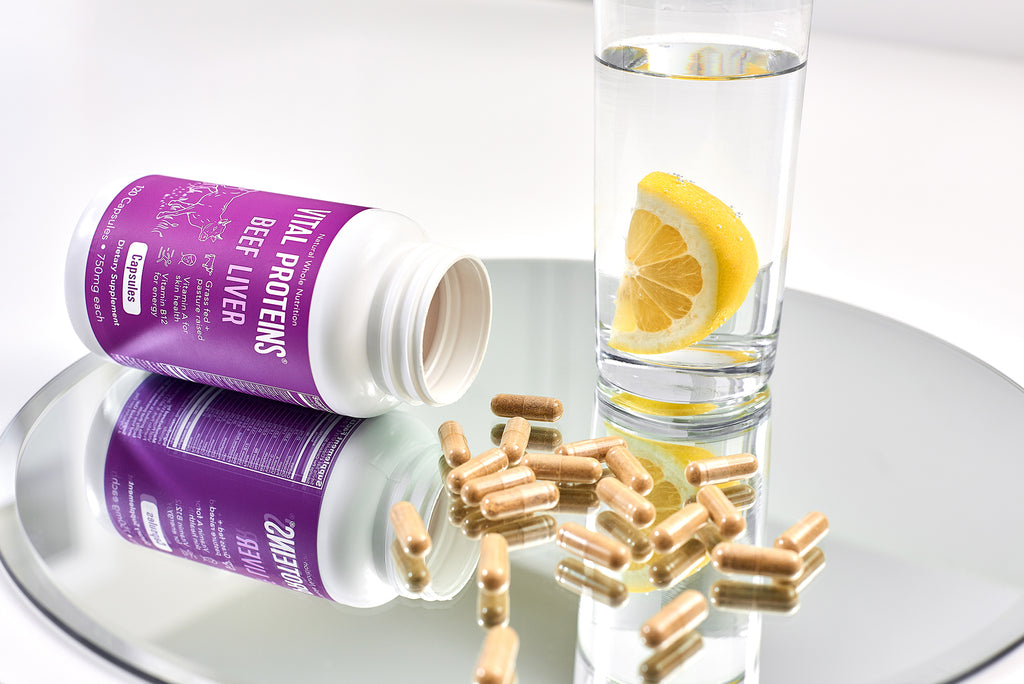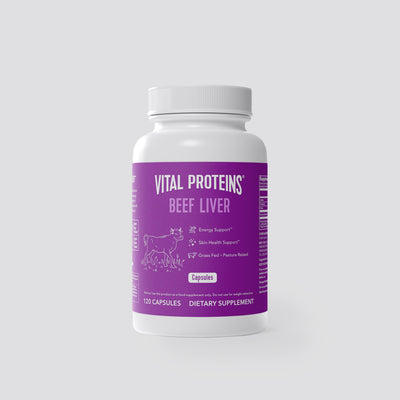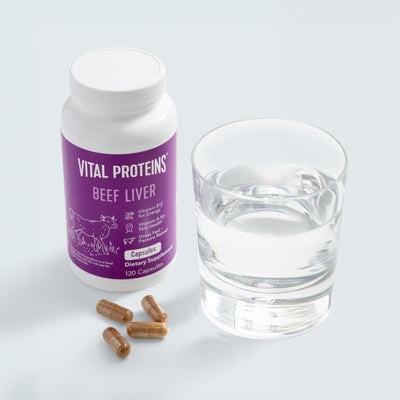What are the health benefits of liver? For centuries, our ancestors wouldn’t have wanted to waste even the least “desirable” bits of food. Throughout our human history we’ve eaten nose-to-tail; that is, consumed all of the edible parts of animals and livestock. We evolved to have nutrient-rich organ meats in our diet, and despite the popularity of organ meats in earlier centuries, we now tend to favor muscle meats such as breasts, thighs and wings.
RELATED: 10 Ways To Help Make Hair Stronger
In terms of nutrition, that means that we miss out on a host of beneficial nutrients. (It’s not great from a food waste standpoint, either!) Liver, in particular, is an extremely nutritious food, and it’s one that many of us could really use in our daily diets. Here are just a few of the health benefits of this nutritious food — plus a few tips on how to get it into your diet quickly and easily.
Health Benefits of Liver
Before we get into how to get this food into your diet, let’s talk about why you would want to eat it. Liver is extremely high in nutrients, and not only that, it’s high inbioavailablenutrients. This means that they are very easily absorbed by the body and are ready to use.
Vitamin A: Liver is high in vitamin A, a fat-soluble vitamin that’s beneficial for eye health, skin health and cellular turnover, among other things. It’s important to distinguish between bioavailable vitamin A and provitamin A (such as beta carotene), which is found in plants and acts as a precursor to our internal vitamin A production. Though we can create vitamin A from carotenoids, some of us are better at it than others. Consuming vitamin A directly is a more reliable way to obtain its benefits.
Iron: Liver is also high in iron, which is important for muscle function, brain function and hemoglobin formation, which makes it crucial for energy production.
Copper: Copper is an important nutrient that we often don’t hear a lot about. However, it contributes to nerve and immune system health. It also helps produce collagen, the connective tissue responsible for our bone, joint, hair, skin and nail health.
B Vitamins: Finally, liver is a fantastic source of B vitamins. It is especially high in vitamin B12 and folate. All of the B vitamins are important for helping convert food into energy, which is extremely important for ensuring you feel energetic and vibrant in your daily life. Folate is also beneficial for cellular growth, making it extremely important for women of childbearing age.
Best Sources of Liver
The livers of chicken, beef, goose and duck are generally the most popular sources of liver to consume. You can find liver in many grocery stores and at many butcher shops, but as with any meat, the quality and sourcing of liver is important.
If possible, it’s best to work with a local butcher who you trust to provide excellent sources of animal products. Any type of meat from grass-fed, pasture-raised livestock tends to be higher in omega-3 fatty acids than meat from conventionally raised (corn-fed) animals.
How to Get Liver into Your Diet
Eating liver used to be much more mainstream than it is now. Liver pâté is a spreadable mixture of liver meat with butter, cream, and flavoring from herbs and seasonings. Foie gras is another delicacy — albeit a controversial one — in which the livers are specially curated to be extra fatty.
But you don’t need to get as fancy as a pâté or foie gras. You can eat livers without much fuss by preparing them as you would any other meat. Or, you can take them in supplemental form.
Liver has a distinctive taste that isn’t for everyone. A supplement such as Vital Proteins Beef Liver Capsules takes this real food and simply puts it into capsule form. By taking a supplement such as this, you can get all the health benefits of beef liver through a real-food supplement, without any unpleasant taste.
















